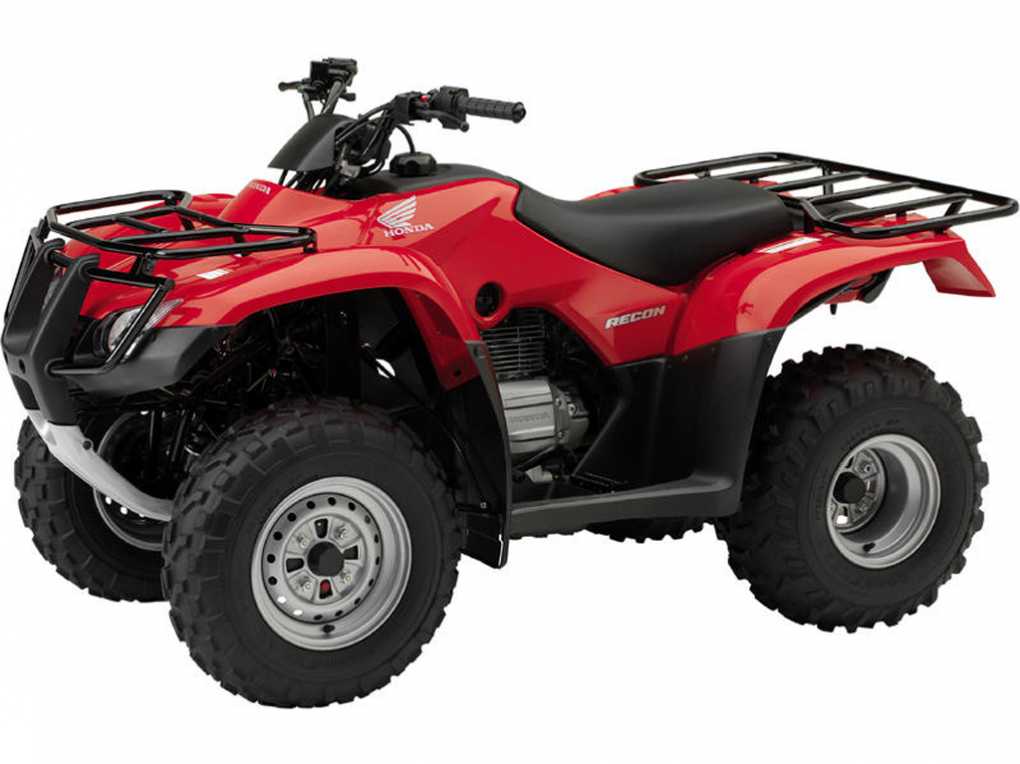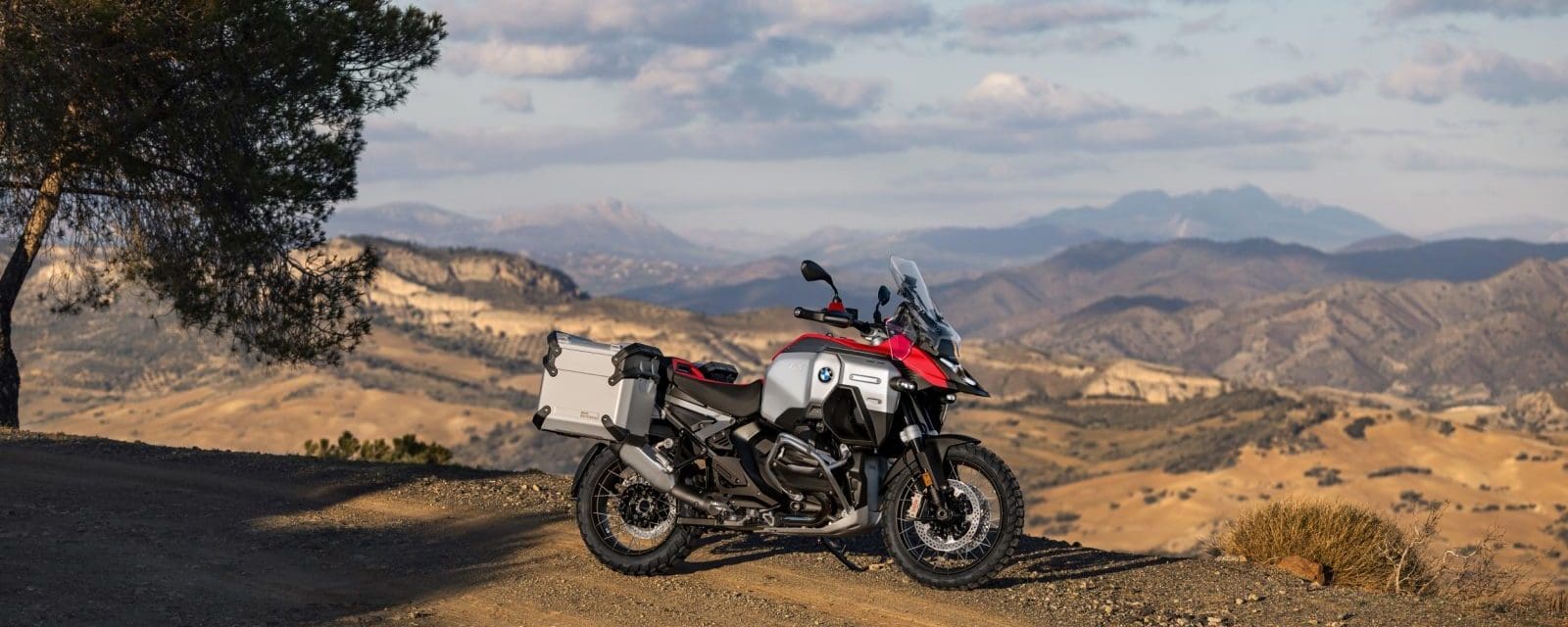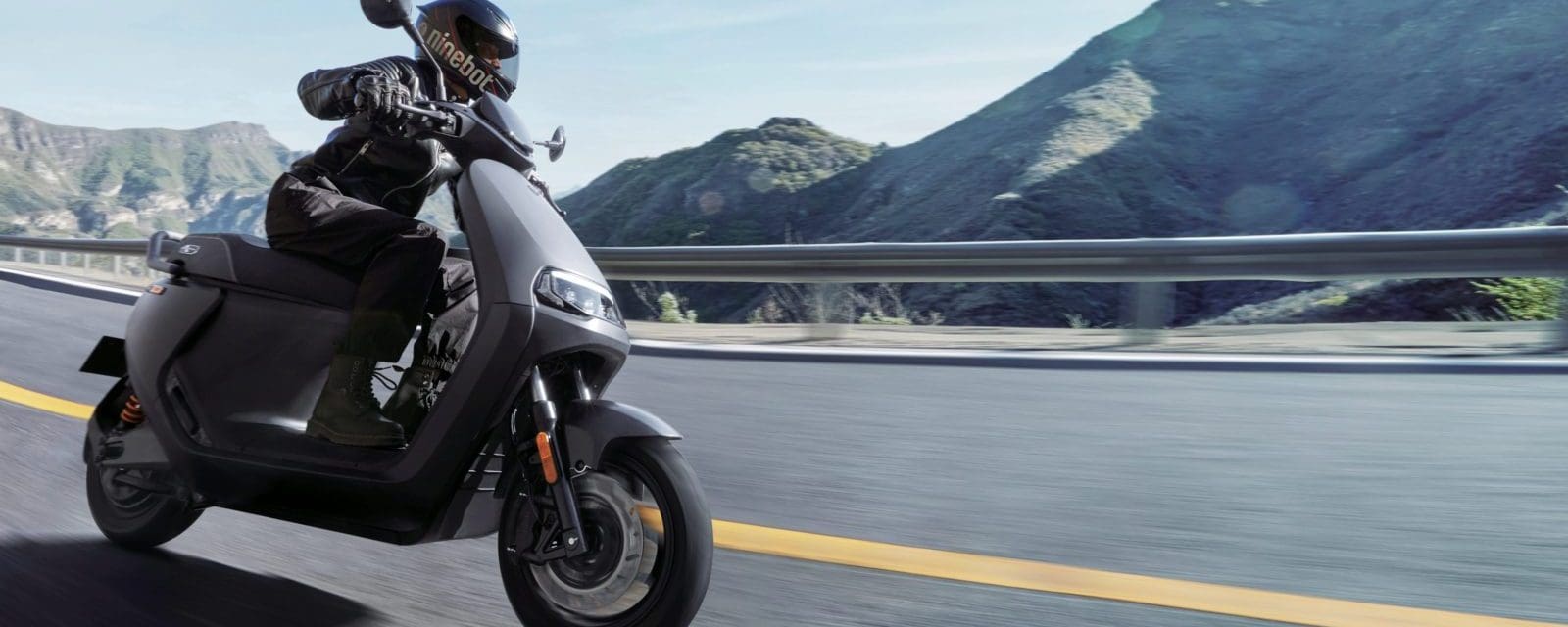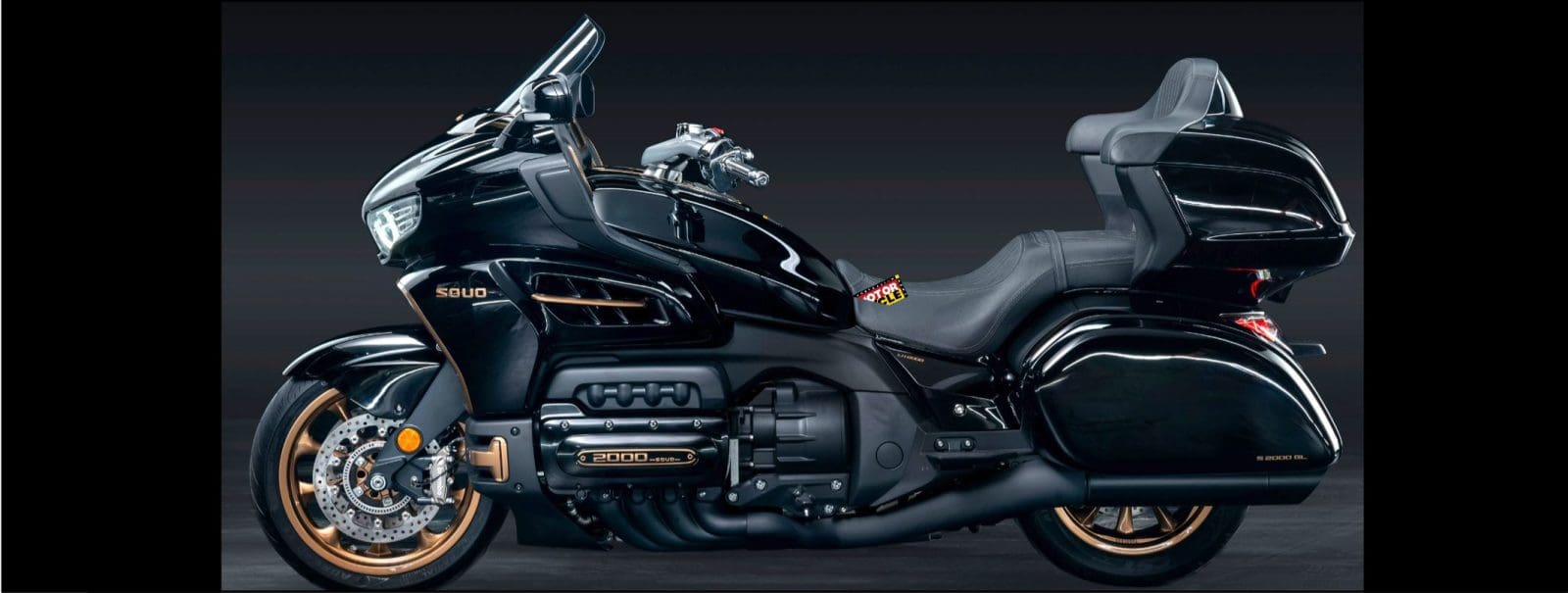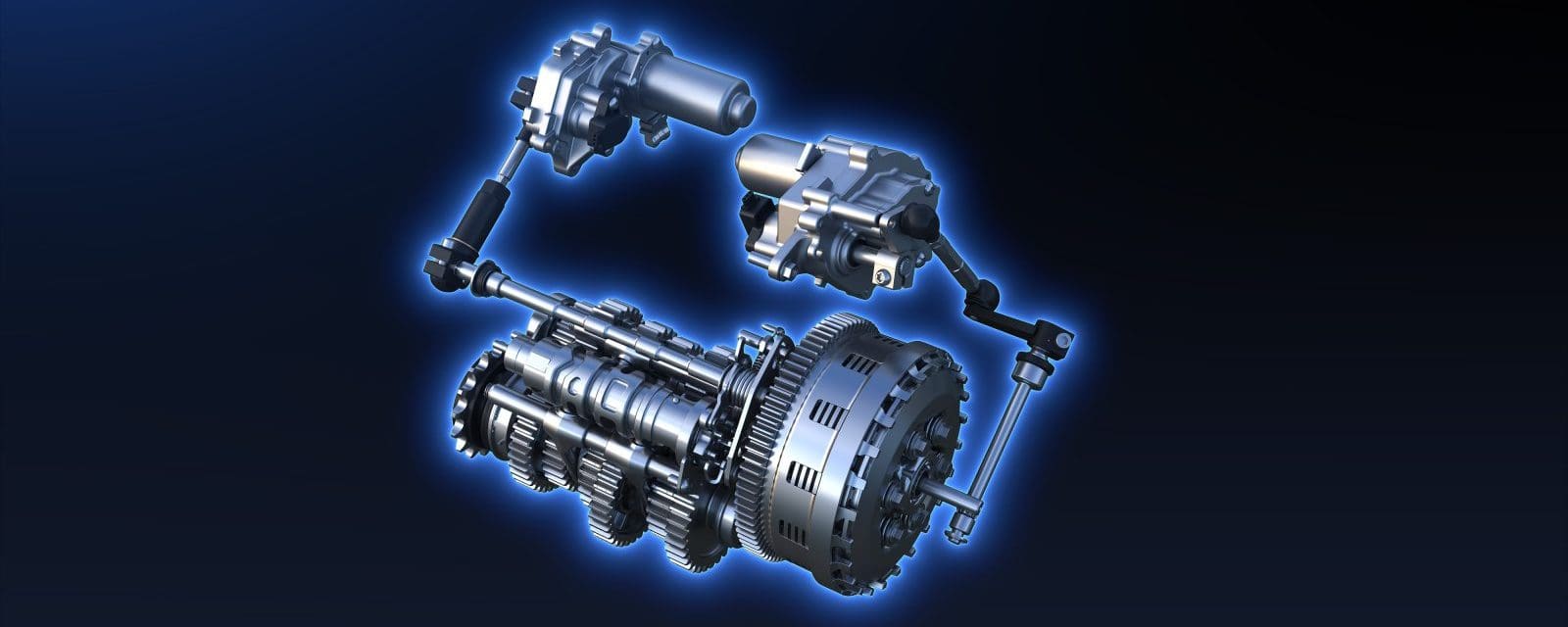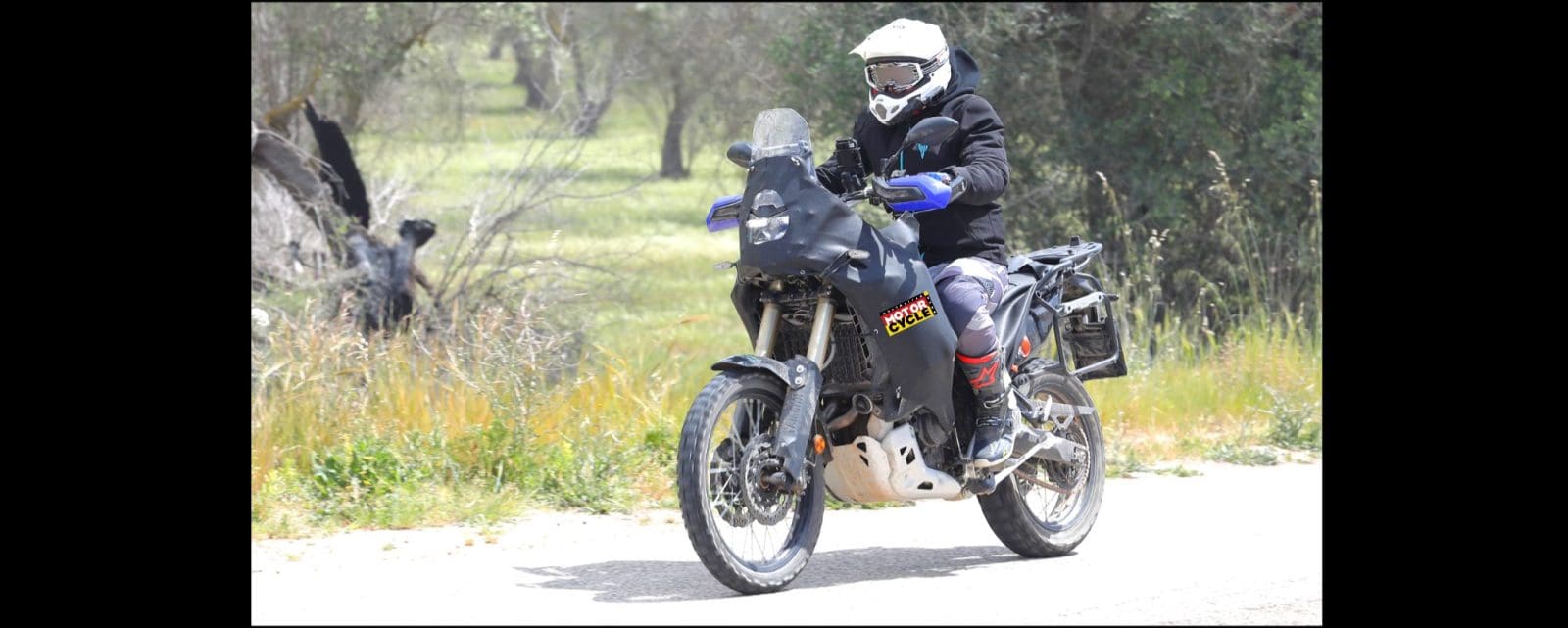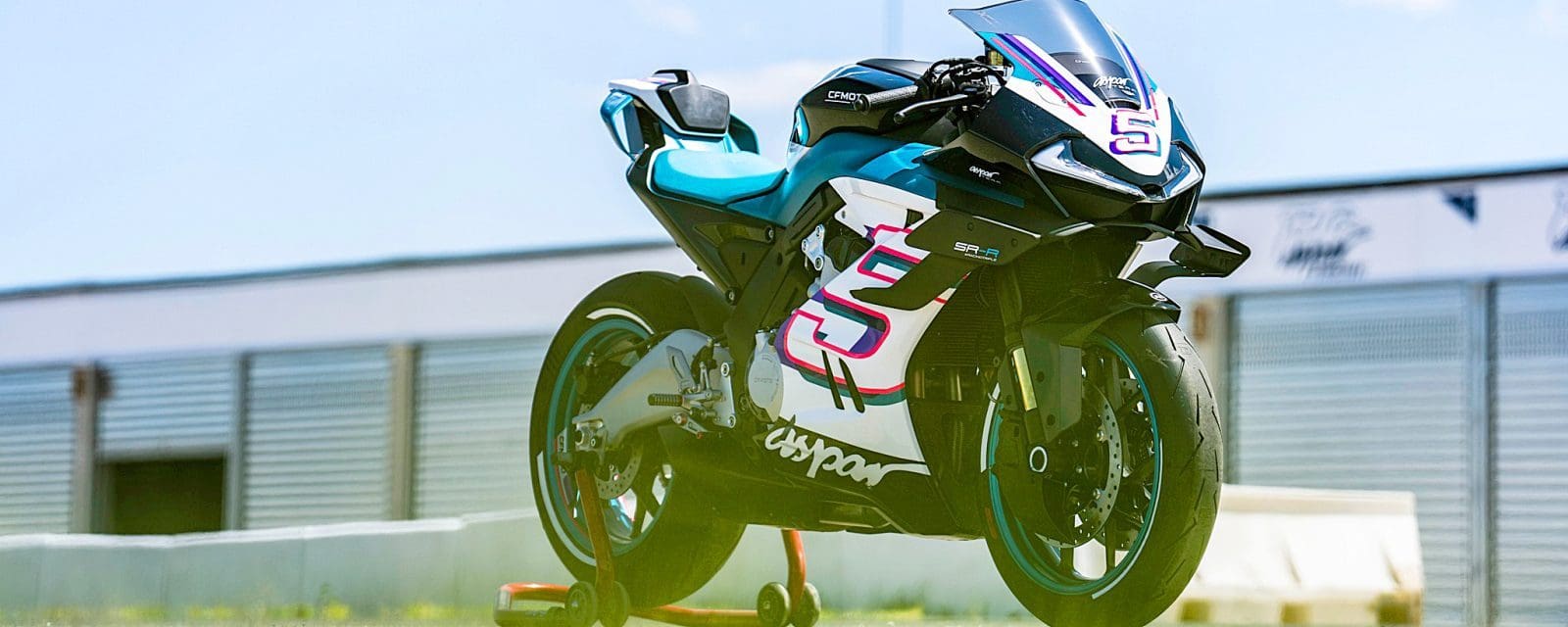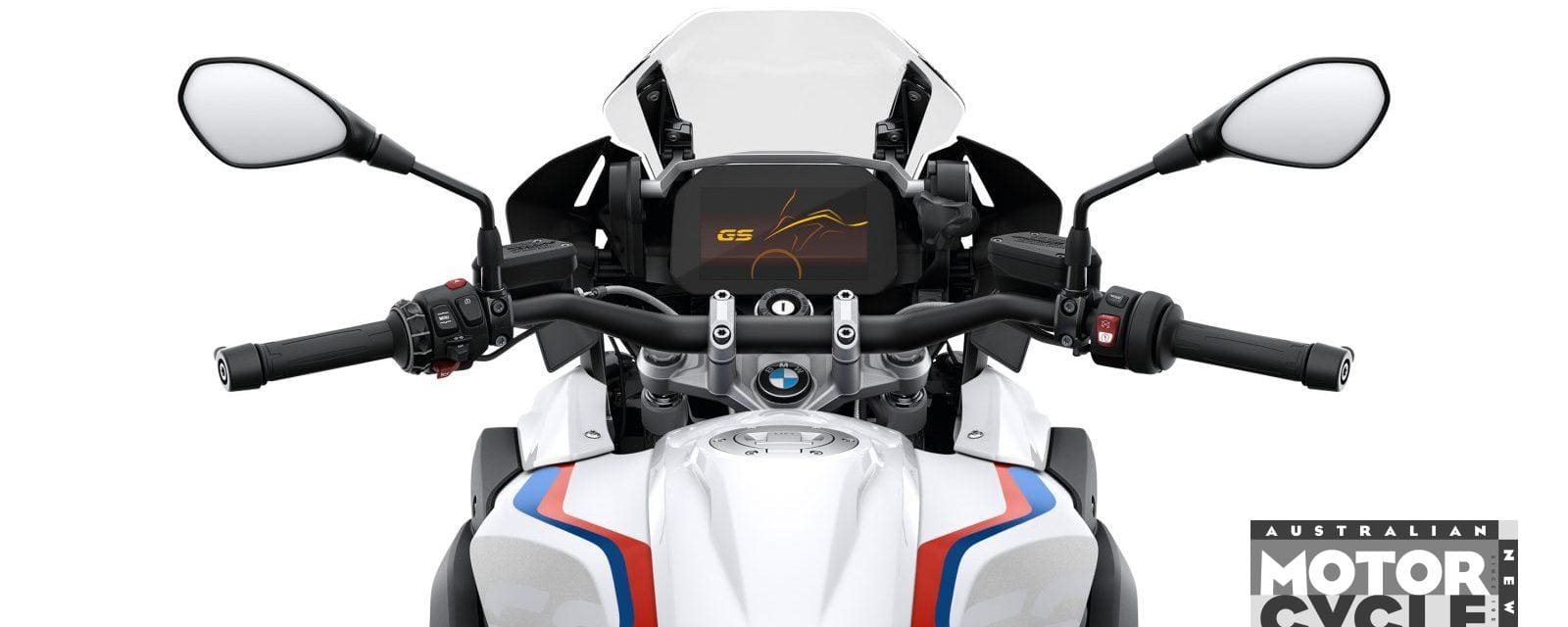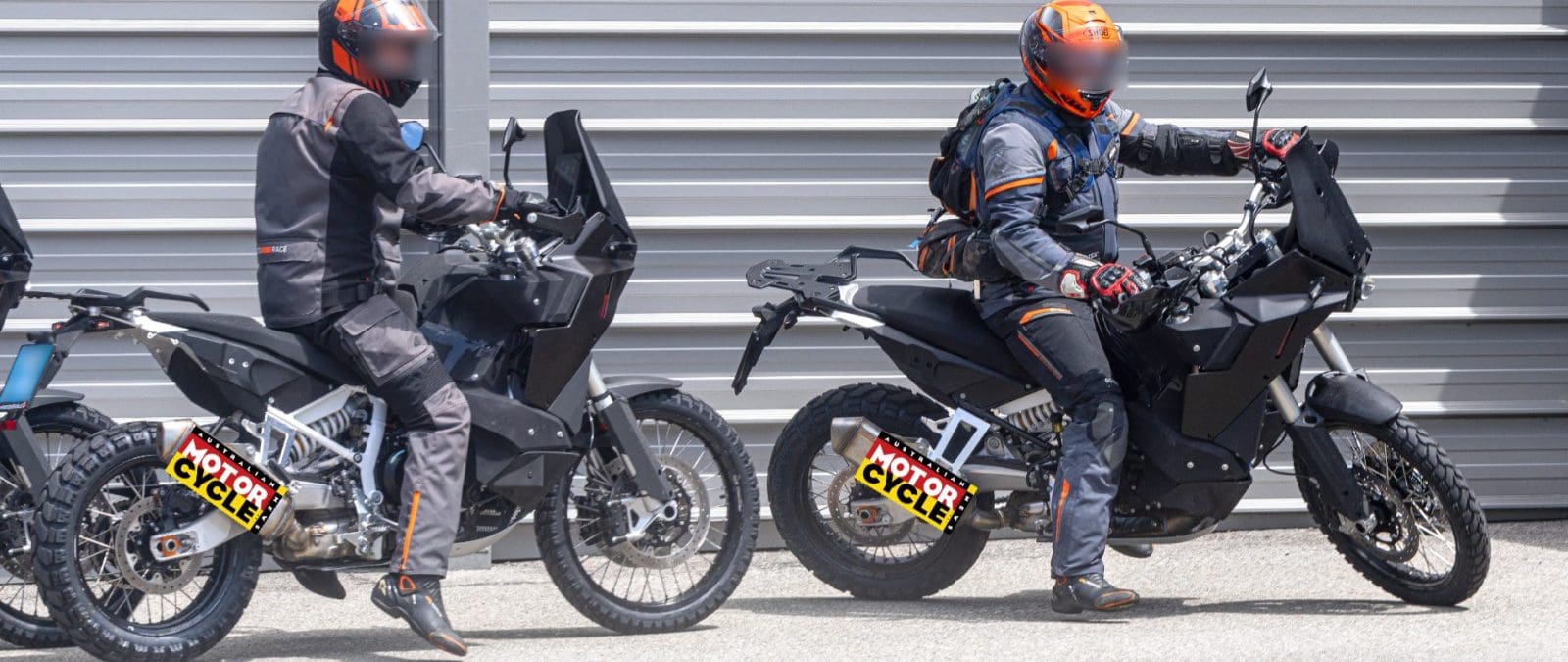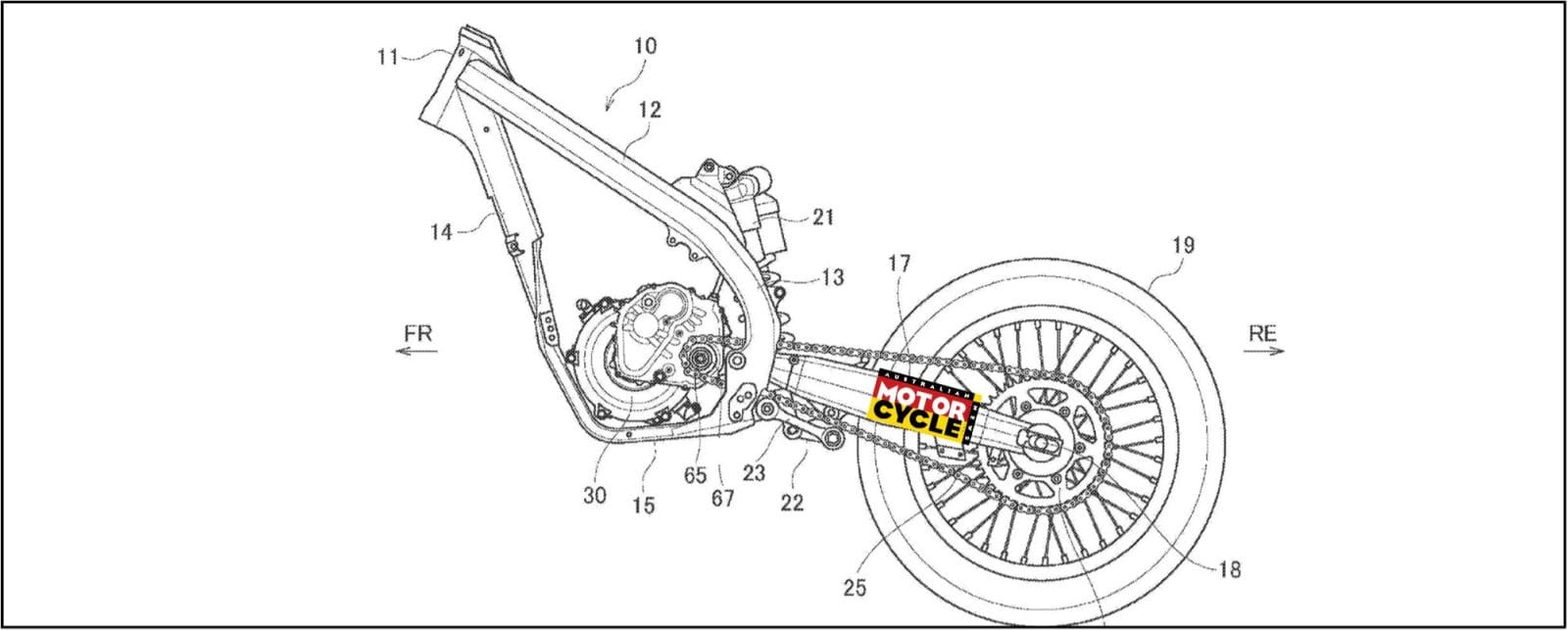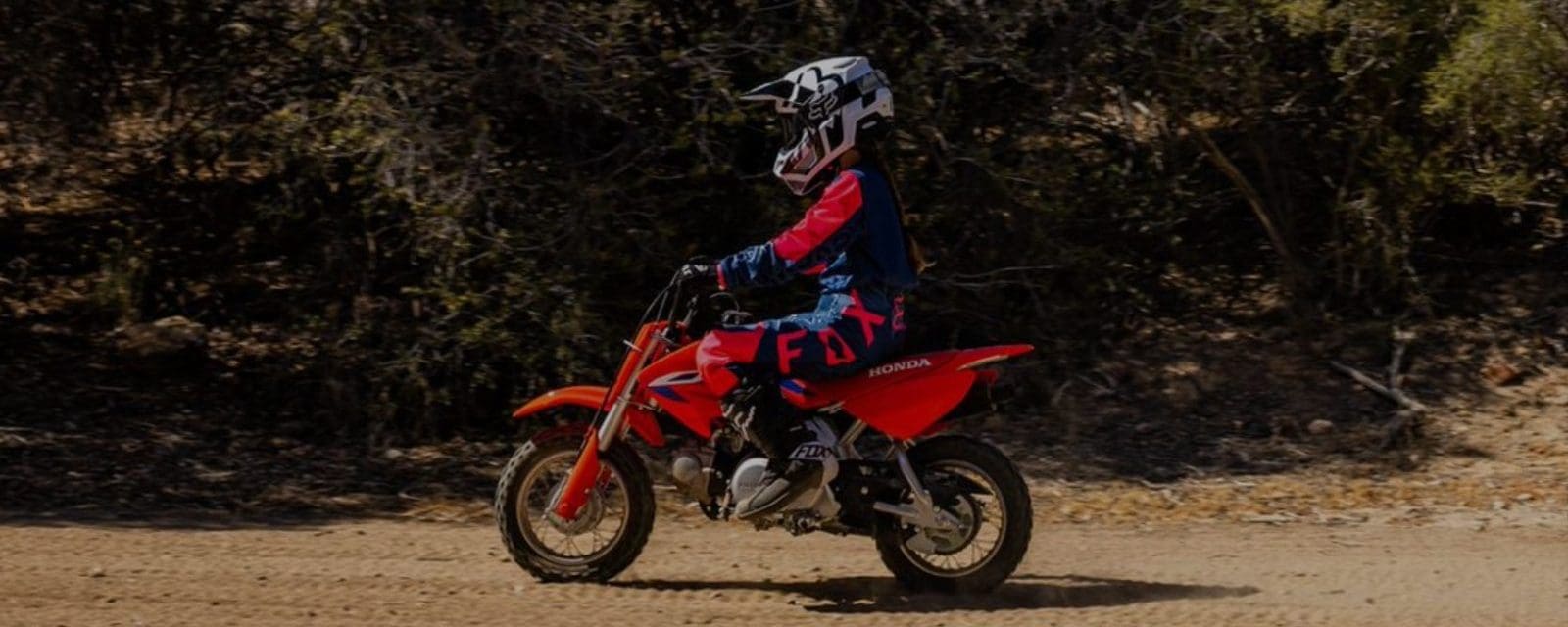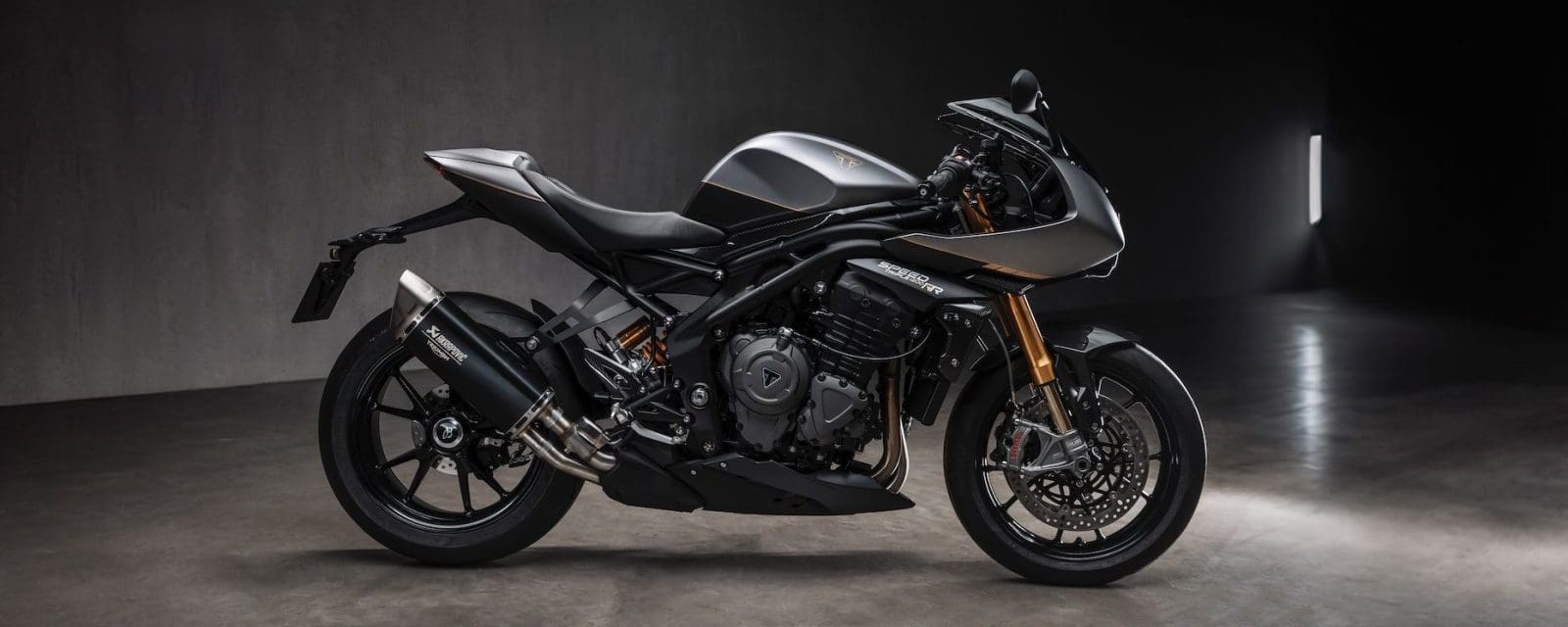Words: Honda Australia
The standard is proposed to improve farmer ATV safety but instead Honda believes it is flawed, unworkable and may put farmers’ lives at greater risk. Rather than relying upon demonstrated scientific evidence, the ACCC is proposing a standard, which, in effect, is experimenting with farmers’ lives.
Honda calls on the ACCC to make safety recommendations, which are evidence-based, in both criteria and testing methods, to internationally accepted standards.
The draft standard was quietly released on Saturday 6 April 2019, in the final days of the current government. It proposes four elements including meeting overseas standards, additional consumer information, fitting an operator protection device (OPD) and stability benchmarks. Two of the four elements lack strong scientific support, and the total approach recommended by the ACCC goes against the current best practice found in North American markets, as well as New Zealand. The requirement to fit OPDs is also not supported by recommendations from Coronial Inquests held in Victoria, Queensland, New South Wales and Tasmania.
Speaking after the release of the draft standard, Honda Australia Motorcycle & Power Equipment’s Managing Director, Mr Robert Toscano, said; “No reputable company can meet the proposal because it lacks engineering and design rigour. Any company that tries to meet the standard will be open to the accusation that it is playing with farmers’ lives.”
Honda has expressed to the ACCC many times that it won’t change the design of an ATV where the safety benefits of the change are unknown. Honda won’t risk customers’ lives. Of significant concern to Honda is the requirement to fit an aftermarket OPD, or similar in-house design.
“Honda won’t fit devices to our ATVs that real world studies have shown do not improve safety.”
“One requirement is to fit some sort of protection bar that has no design standard or proven safety effect. As some form of experimentation, the ACCC hopes that the farmers will do the testing for them,” Mr Toscano said.
As an example, the draft standard says a New Zealand-made aftermarket OPD product is acceptable – despite it being mounted to a carry rack that is recommended to carry just 60 kilograms on many models. The weight this OPD must support in a rollover scenario is more than four times this recommended limit. Clearly this is at odds with the requirement that products are ‘fit-for-purpose’ under Australian consumer law – legislation that the ACCC is responsible for administering.
Whilst all Honda ATVs already meet the overseas standards now proposed for Australia by the ACCC, the draft also requires a new warning label, and tag based upon additional testing. Honda always supports providing customers with better consumer information, but expresses dismay that the proposed label and tag are different to all other markets. In what seems like a new layer of regulatory red-tape, additional testing, new labels and new tags will have to be developed just for the Australian market.
A fourth part of the draft standard would impose some arbitrary criteria for ATV stability. However, rather than set a minimum standard based on evidence, the ACCC proposes some experimental standards, without explaining their relationship to risk or benefit. Honda made extensive public record submissions to the ACCC on this part, which have been acknowledged but otherwise ignored.
Honda is committed to safety, and deeply frustrated that law makers won’t take actions on the key issues. Ten people died on ATVs in Australia in 2018. Speaking on the topic of ATV safety, Mr Toscano said; “The evidence is overwhelmingly clear that wearing a helmet and keeping children off adult-sized ATVs will drastically cut injuries and save lives. It is absurd you must wear a helmet when riding a motorcycle, or even a bicycle, but that it’s OK to not wear a helmet on an ATV. Even if the ACCC succeeds in pushing reputable manufacturers out of Australia, the problem won’t be addressed until wearing helmets is made mandatory, and children are kept off all adult-sized work vehicles, including Side-by-Side vehicles (SSV), Utes and ATVs.”
In an unexpected step, the responsible Minister, the Hon. Mr Stuart Robert did not accept the ACCC’s final recommendation and draft standard when it was submitted to him. Instead, the Minister put it back for public consultation until 10 June 2019.
Honda supports the 5-star ATV safety initiative of the Federal Chamber of Automotive Industries (FCAI). http://atvsafety.com.au/ which promotes the known safety practices to improve ATV safety.
